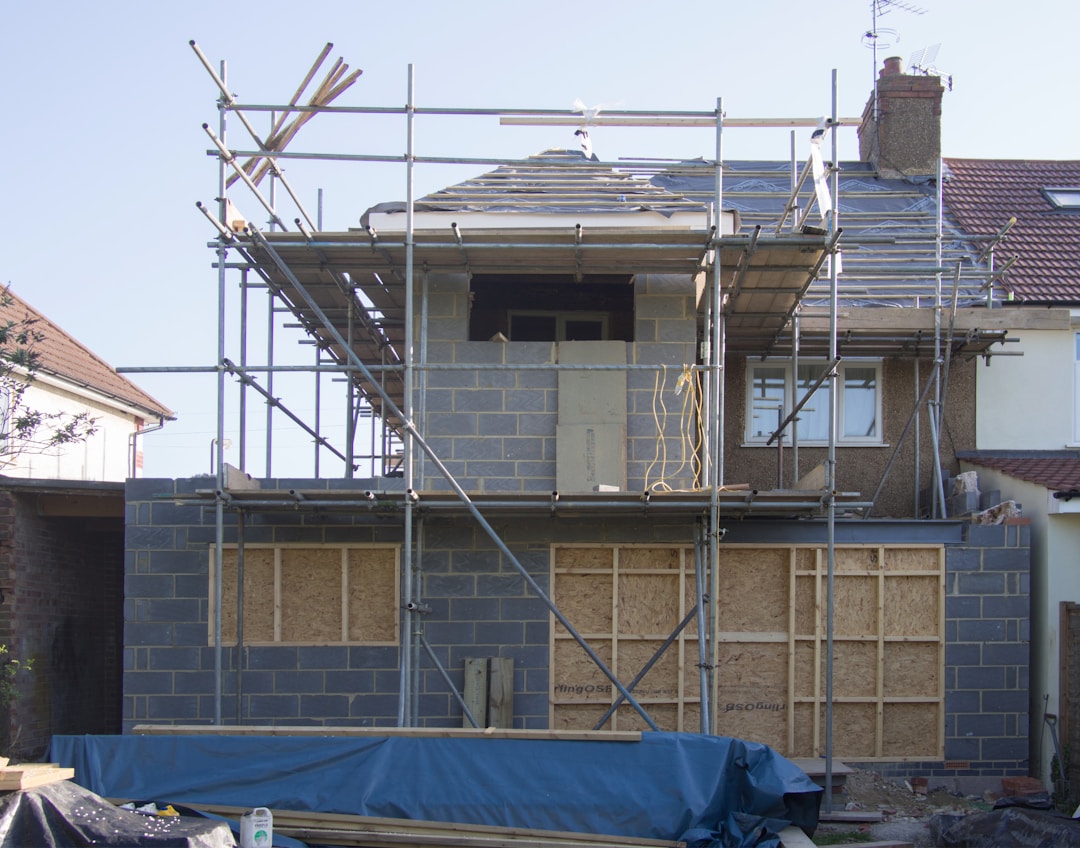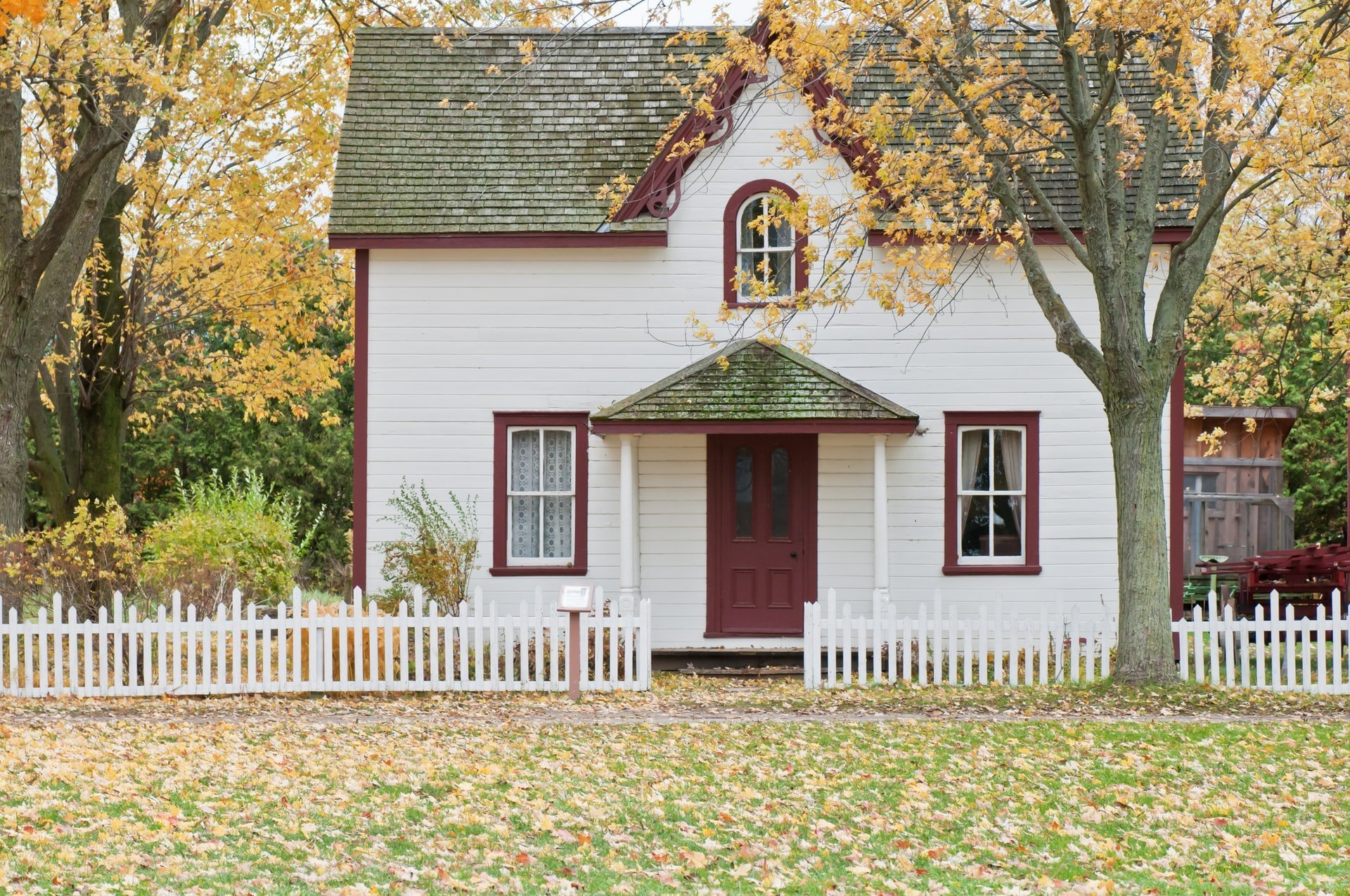Your first concern may be your financing options when you are looking to buy a new home or property. Too often, consumers do not realize how many options they actually have, which could be limiting their options without them even realizing it. Some things you will need to look at when examining your various options will be the interest rate, the lender you use, your credit score, the current real estate market, what kind of collateral you have, how much you have for a down payment, and what you want your monthly payment to be.
What you intend to do with the property will also impact your financing options. For example, there are different types of loans available based on whether you plan to live at the property or if it is for an investment, like a flip project. Here are five basic financing options when buying a house or property.
1. Cash

While you may not be able to buy a house outright, it is an option. If you have the money to buy a property, you do not need to go through a lender. Instead, you can agree with the seller and pay for the property with cash. This saves you the hassle of working with a borrower or loan officer. You don’t have to worry about the interest rates or anything else, and you can take possession of the property more quickly.
2. Home Loans

A home loan is the most well-known and traditional path to buying a house or property. There are fixed-rate mortgage loans, variable-rate, or adjustable-rate home loans. These are all traditional mortgage loans, and most lenders offer them, including credit unions. Lenders will look at your credit score, income, and the potential down payment to determine your eligibility for a home loan. When approving any type of loan, they will also look at the accessed value of the property and whether you plan to live there or use it as an investment property. It is critical when pursuing a traditional home loan to be prepared to verify anything and everything. You’ll need to prove you have the money for the down payment, prove you make enough to make the mortgage payments, and that you can pay the property taxes. Lenders are overly cautious because they don’t want to take possession of the property if you default on the loan.
3. A Fix and Flip Loan

Fix and flip loans are mortgage loans intended for investors looking to fix up the property and resell it quickly. They are less concerned with the length of the loan term or the interest rate and more interested in a lower monthly payment. The lower their monthly payment, the less expenses they will have when they resell the investment property. This is a good way to buy foreclosure properties, which are properties that need a lot of renovating and come with a high potential value. This investing is often referred to as house flipping or house rehab. While there is a lot of money to be made as a flip investor, it is also hazardous. An investor can easily lose money on a flip property by paying too much for the property or putting too much money into the renovations. The goal is to leave enough room between what is spent and the flip property’s resale value to make a profit.
4. Private Investors

You can contact a private investor to buy a property as well. A private investor is an individual or small business of investors that offer loans outside of the traditional lenders. This is legal, but you need to be careful to ensure you are working with a reputable private lender. The loan terms will vary based on what the private lender is willing to agree to. Getting a loan through a private lender, generally speaking, will cost more in terms of the interest rate but are easier to get. The interest is higher because the investor is accepting a great deal of risk loaning the money. Private investors do not have the traditional lenders’ resources when it comes to people defaulting on their loans.
5. Construction Loans

A construction loan is a loan you can get through a traditional lender or a private lender to build a home. You will need a piece of property first, and the lender will still look at your income and credit score before approving your loan request. The loan amount will be based on estimates you collect to have the work done that you want. You will need to have blueprints for the future home and a list of contractors with estimates that you intend to work with. It will be beneficial to find self storage in the property area to store all needed tools and supplies near the worksite. With an ample size storage unit, everything is readily available when you need to make with contractors, inspectors, investors, or potential buyers if you are building it as an investment property.








